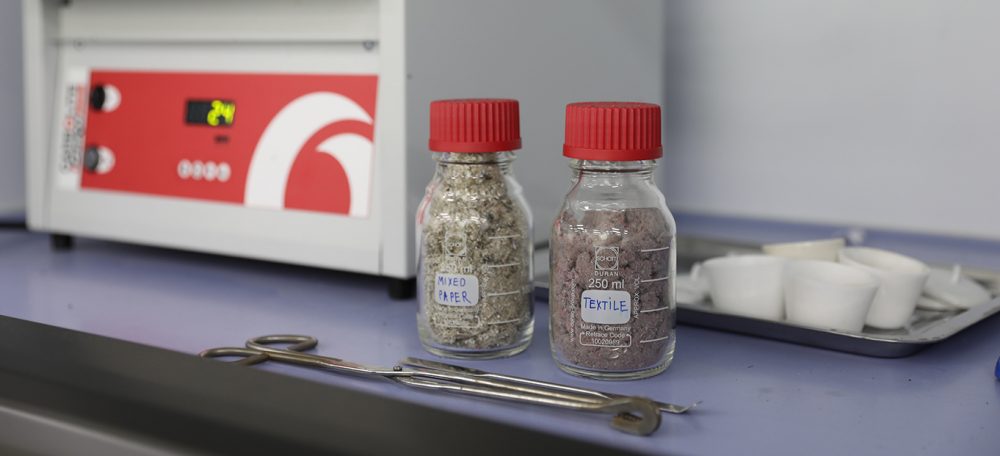ASTANA – Thirty percent of municipal solid waste in the capital has the potential to be recycled and another 10 percent has the potential to be sorted to derive solid fuel for the city’s energy needs, reports the Nazarbayev University press service.
Researchers at Nazarbayev University’s School of Engineering and National Laboratory Astana’s Laboratory of Green Energy and the Environment studied Astana’s landfills to identify ways to obtain fuel from municipal solid waste.
“A lot of solid waste is disposed of on a daily basis,” said Nazarbayev University’s School of Engineering Postdoctoral Scholar Yerbol Sarbassov, who was the project’s principal investigator. “We wanted to explore if some of this waste could be processed as fuel to meet the municipal needs of the city – specifically, we were interested in the production of heat during the winter season.”
In their experiment, the researchers studied the combustion parameters with and without coal by co-firing samples of treated fuel in a fluidised bed unit. They concluded that the dry combustible residue from solid waste could be disposed of in two ways, by pyrolysis to produce syngas and by co-firing in fluidised beds. The latter method is more effective for use in Astana’s small boiler houses.
The researchers emphasise that utilising municipal solid waste in Astana will positively impact the city’s environment and increase the service life of its sanitary landfills.
State policy on waste management and a green economy transition aims toward increasing the recycling share to at least 40 percent by 2030 and 50 percent by 2050.
Kazakhstan produced 4.3 million tonnes of municipal solid waste in 2018, approximately 100,000 fewer tonnes than in 2017. Its share of municipal solid waste recycling was 11.5 percent in 2018 and nine percent in 2017. This amount is expected to increase with the ban on dumping paper, plastics, cardboard and glass waste into landfill that came into force Jan. 1 and the ban on construction and food waste scheduled for 2021. Since 2016, the government has also prohibited disposing scrap metal, mercury lamps and batteries, waste oils and liquids and electronic product waste in landfill.

